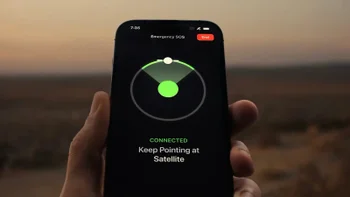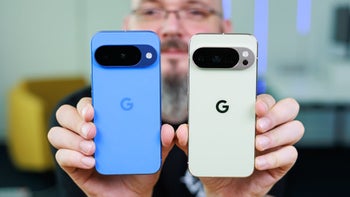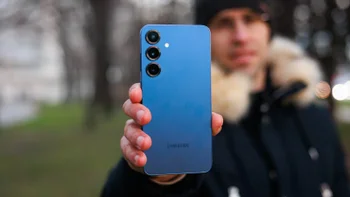Google clarifies upcoming privacy policy changes – tries to get rid of “the scary”

We reported last week that Google will be making substantial changes to their privacy policies, simplifying more than 60 separate policies into a single “Google user” privacy policy. The policy changes don’t increase what is collected about users, nor does if change users’ privacy settings. Yet there has still been a flood of histrionic “sky is falling” stories about these changes, complete with the U.S. Congress asking Google for more information on their policy changes. To combat this Google has released an update on their public policy blog today. The key points Google makes are:
At PhoneArena we believe in holding any company’s claims to the fire, but the uproar in this case seems to be much ado about nothing. Google isn’t collecting any new information about you – the only change is that more Google products can now share that information with one another – so if you sign into YouTube and want to see if your friends have public channels, the contact information from Gmail will be available to let you find them more easily.
If you don’t want them to do that, you can still use most of Google’s most popular products – like Search, Maps, and YouTube – without even having an account. And if you don’t want your YouTube viewing habits to influence what advertisements are shown to you, you can still opt out of personalized ads.
We still stand by our previous article – the biggest “problem” with this policy change seems to be that people are being reminded just how much information is gathered about you online. But this is neither unique to Google, nor is the amount of information being collected changing. It just shows the disconnect that many people have between what they say OK to when they quickly click “yes” on a user agreement, and what they actually imagine is in there.
source: Google
• We’re still keeping your private information private -- we’re not changing the visibility of any information you have stored with Google.
• We’re still allowing you to do searches, watch videos on YouTube, get driving directions on Google Maps, and perform other tasks without signing into a Google Account.
• We’re still offering you choice and control through privacy tools like Google Dashboard and Ads Preferences Manager that help you understand and manage your data.
• We still won’t sell your personal information to advertisers.
• We’re still offering data liberation if you’d prefer to close your Google Account and take your data elsewhere.
• We’re still allowing you to do searches, watch videos on YouTube, get driving directions on Google Maps, and perform other tasks without signing into a Google Account.
• We’re still offering you choice and control through privacy tools like Google Dashboard and Ads Preferences Manager that help you understand and manage your data.
• We still won’t sell your personal information to advertisers.
• We’re still offering data liberation if you’d prefer to close your Google Account and take your data elsewhere.
At PhoneArena we believe in holding any company’s claims to the fire, but the uproar in this case seems to be much ado about nothing. Google isn’t collecting any new information about you – the only change is that more Google products can now share that information with one another – so if you sign into YouTube and want to see if your friends have public channels, the contact information from Gmail will be available to let you find them more easily.
We still stand by our previous article – the biggest “problem” with this policy change seems to be that people are being reminded just how much information is gathered about you online. But this is neither unique to Google, nor is the amount of information being collected changing. It just shows the disconnect that many people have between what they say OK to when they quickly click “yes” on a user agreement, and what they actually imagine is in there.
source: Google
Follow us on Google News













Things that are NOT allowed:
To help keep our community safe and free from spam, we apply temporary limits to newly created accounts: